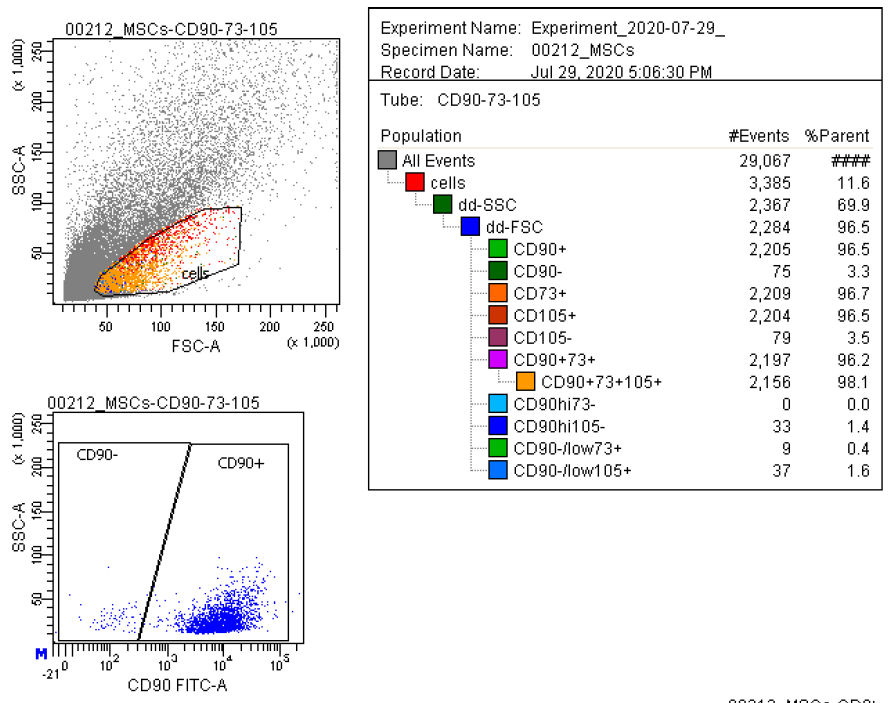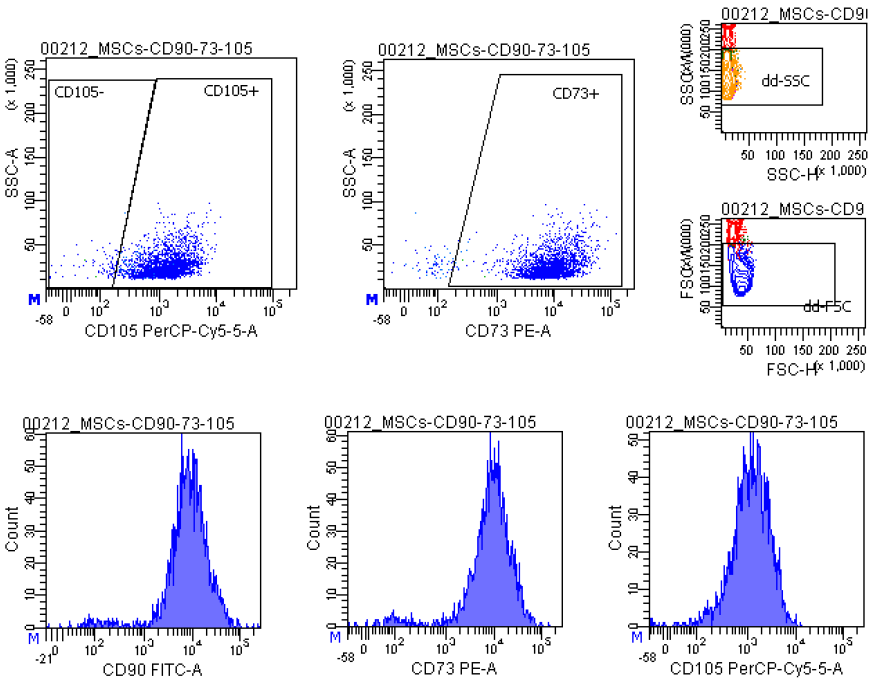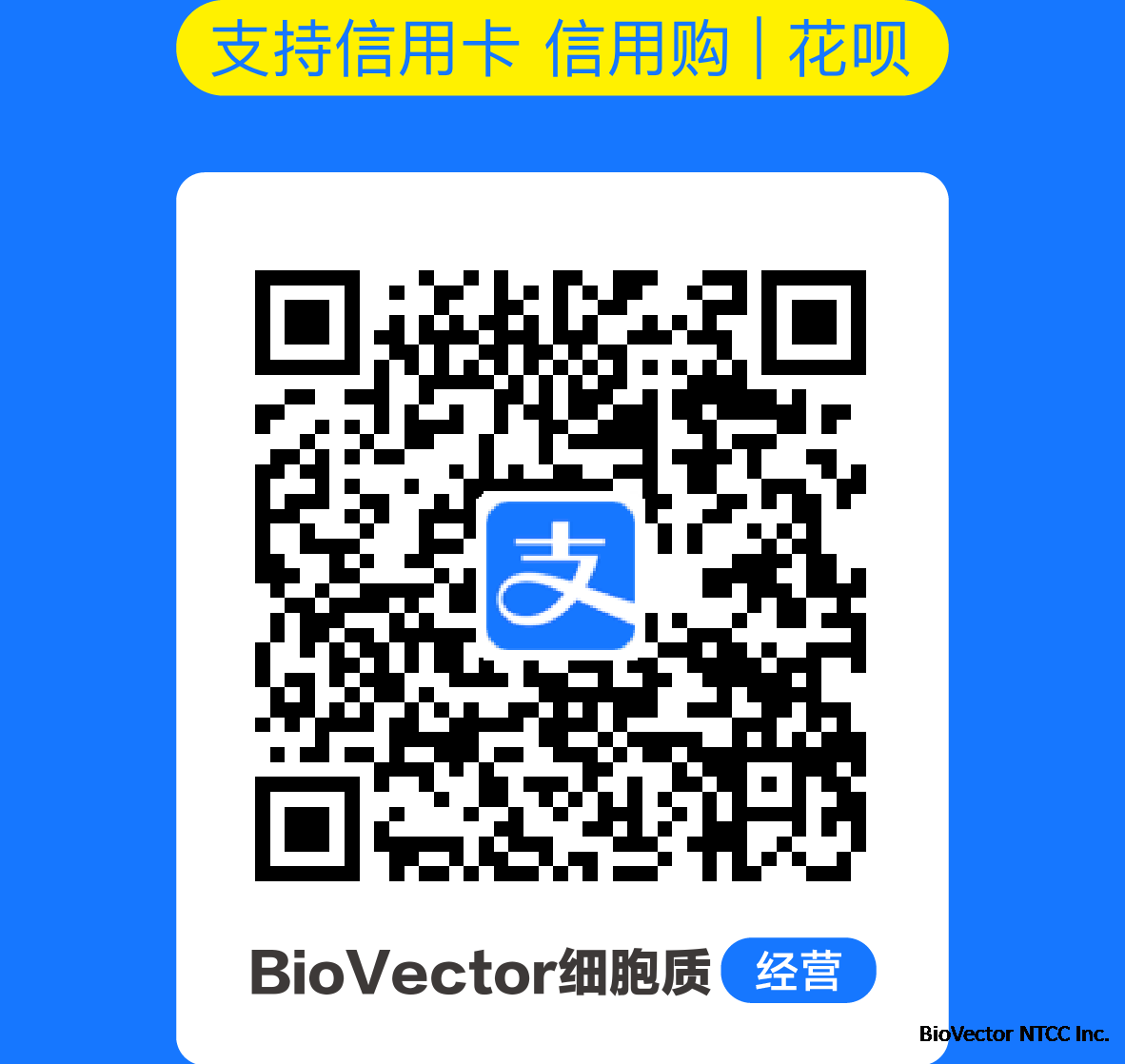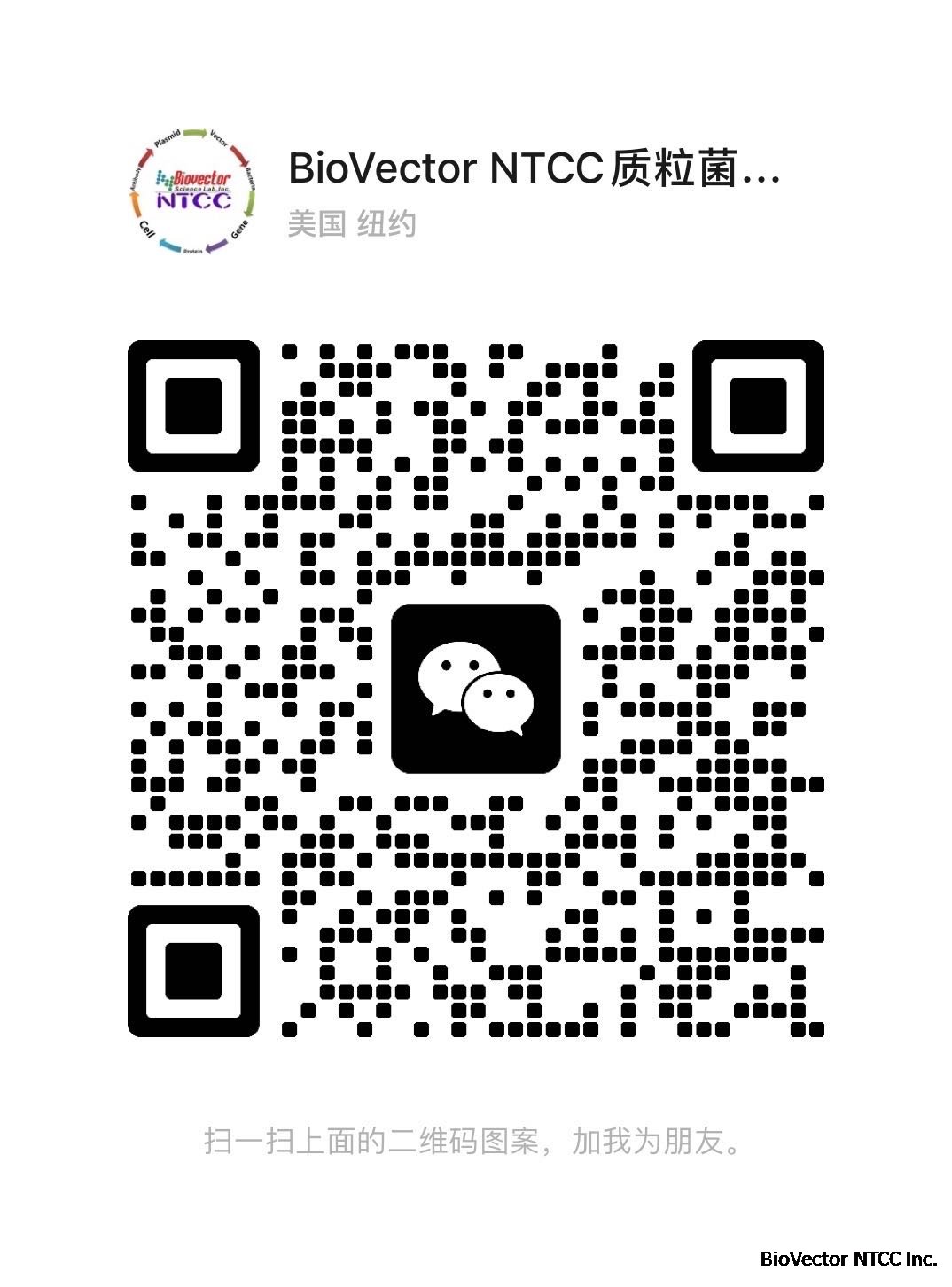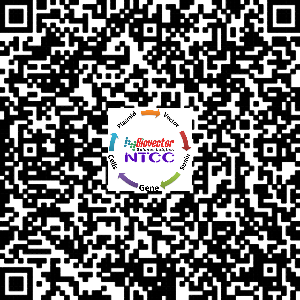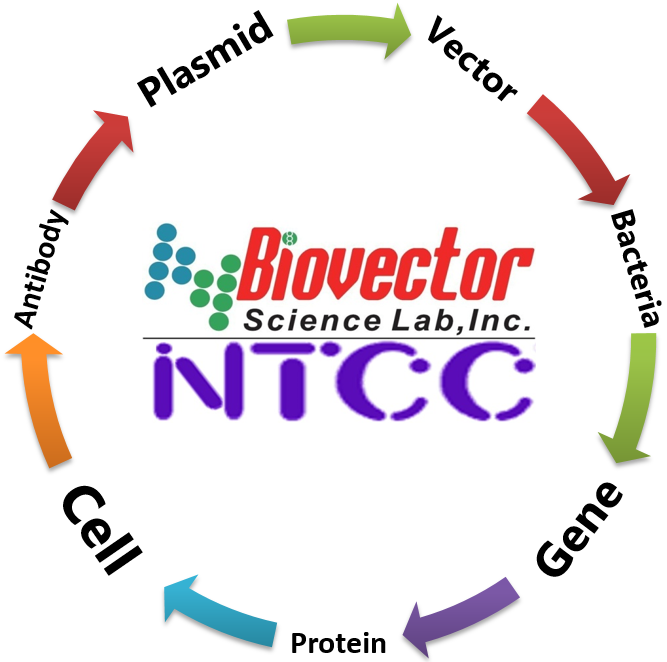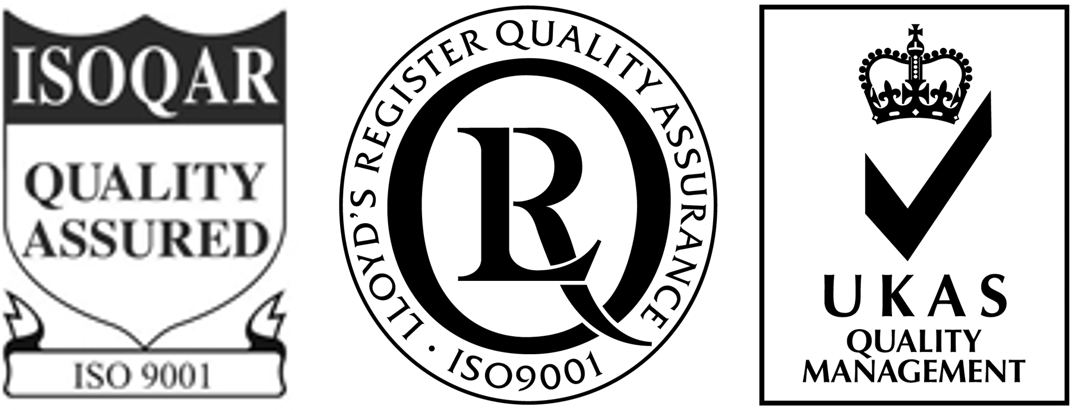Human Mesenchymal Stem Cells - Umbilical Cord - Artery人间充质干细胞-脐带-动脉.BioVector NTCC质粒载体菌株细胞蛋白抗体基因保藏中心
- 价 格:¥99850
- 货 号:NTCC®-HMSCUCA
- 产 地:北京
- BioVector NTCC典型培养物保藏中心
- 联系人:Dr.Xu, Biovector NTCC Inc.
电话:400-800-2947 工作微信:1843439339 (QQ同号)
邮件:Biovector@163.com
手机:18901268599
地址:北京
- 已注册
Human Mesenchymal Stem Cells - Umbilical Cord - Artery人间充质干细胞-脐带-动脉
BioVector NTCC质粒载体菌株细胞蛋白抗体基因保藏中心
General information
| Description | MSCs, or multipotent mesenchymal stromal cells, are self-renewing multipotent cells that can differentiate into a wide variety of cell types. The in vitro direct differentiation of MSCs into at least three orthodoxal lineages-adipocytes, osteoblasts, and chondrocytes has been demonstrated. Using differentiation media, it is possible to differentiate cultivated MSCs into adipocytes, osteoblasts, and chondrocytes in vitro. Early passage cultured MSCs are cryopreserved using a specific cryomedium.?After thawing, each cryovial contains 1 x 10^6 (minimum 92% to 95% viability level by Trypan Blue dye exclusion test). The MSCs were collected from healthy donors which have given their informed consent for the donation of the cell material. Each batch of MSCs is subjected to strict quality control testing (both cell donors and cell cultures). The identification, purity, potency, viability, and appropriateness of cultured MSCs for the intended usage are all evaluated. |
|---|---|
| Organism | Human |
| Tissue | Umbilical Cord - Artery |
| Applications | Drug testing, regenerative medicine, disease research |
Characteristics
| Age | Please inquire |
|---|---|
| Gender | Please inquire |
| Ethnicity | Caucasian |
| Morphology | Well-spread spindle shaped, fibroblast-like morphology for at least within 5 passages. Fewer than 2% cells exhibit spontaneous myofibroblast-like morphology within each passage. |
| Cell type | Stem cell |
| Growth properties | Adherent |
Identifiers / Biosafety / Citation
| Citation | Human Mesenchymal Stem Cells, Whartons Jelly (HMSC-WJ) (Cytion catalog number 300685) |
|---|---|
| Biosafety level | 1 |
Expression / Mutation
| Antigen expression | A comprehensive panel of markers, including CD73/CD90/CD105 (positive) and CD14/CD34/CD45/HLA-DR (negative), are used in flow cytometry analysis to identify cultivated MSCs (P2-P3) prior to cryopreservation. These markers are recommended by the ISCT MSC committee. |
|---|---|
| Viruses | Donor is negative for HBV (PCR), Treponema pallidum (PCR), and HIV-1/2 (IFA). Cells are negative for HBV, HCV, HSV1, HSV2, CMV, EBV, HHV6, Toxoplasma gondii, Treponema pallidum, Chlamydia trachomatis, Ureaplasma urealyticum, and Ureaplasma parvum. |
Handling
| Culture Medium | Alpha MEM, w: 2.0 mM stable Glutamine, w/o: Ribonucleosides, w/o: Deoxyribonucleosides, w: 1.0 mM Sodium pyruvate, w: 2.2g/L NaHCO3 |
|---|---|
| Medium supplements | Supplement the medium with 10% FBS, 2 ng/ml bFGF |
| Passaging solution | Trypsin-EDTA |
| Subculturing | Remove the old medium from the adherent cells and wash them with PBS that lacks calcium and magnesium. For T25 flasks, use 3-5 ml of PBS, and for T75 flasks, use 5-10 ml. Then, cover the cells completely with Accutase, using 1-2 ml for T25 flasks and 2.5 ml for T75 flasks. Let the cells incubate at room temperature for 8-10 minutes to detach them. After incubation, gently mix the cells with 10 ml of medium to resuspend them, then centrifuge at 300xg for 3 minutes. Discard the supernatant, resuspend the cells in fresh medium, and transfer them into new flasks that already contain fresh medium. |
| Seeding density | 1 to 3 x 10^4 cells/cm^2 |
| Fluid renewal | First fluid renewal after 24 hours, then every 2 to 3 days. |
| Freeze medium | CM-1 (Cytion catalog number 800100) or CM-ACF (Cytion catalog number 806100) |
| Handling of cryopreserved cultures | Human Mesenchymal Stem Cells, Umbilical Cord - Artery are shipped in a deep-frozen state on dry ice. Upon receipt, confirm that the vial remains frozen. For storage, place the cryovial immediately at temperatures below -150 degrees. If you plan to culture the cells immediately, swiftly thaw the vial by shaking it in a 37 degrees water bath with clean water and an antimicrobial agent for 40-60 seconds. Remove the vial once a small ice clump persists, ensuring it remains cold. Proceed with all subsequent steps under aseptic conditions. In a sterile flow hood, disinfect the cryovial with 70% ethanol. Then, gently open the vial and transfer the cell suspension into a 15 ml centrifuge tube pre-filled with 8 ml of room temperature culture medium. Gently mix the cells. For cell separation, centrifuge at 300 x g for 3 minutes and dispose of the supernatant. Skipping centrifugation is optional, although any residual freezing medium should be removed after 24 hours. Resuspend the pellet gently in 10 ml of fresh culture medium and divide between two T25 culture flasks. Follow the subculture protocol for subsequent steps. |
Quality control / Genetic profile / HLA
| Sterility | Mycoplasma contamination is rigorously excluded using both PCR-based assays and luminescence-based mycoplasma detection methods. To ensure there is no bacterial, fungal, or yeast contamination, cell cultures are subjected to daily visual inspections. |
|---|
- 用户
- 内容
- 询问日期
- 公告/新闻
- IPsale®生物知识产权出售平台
- 2024-06-27
- BioVector NTCC Inc.产品分类中篇1
- 2014-12-22
- BioVector NTCC产品分类目录简介-上篇
- 2014-12-22
- BioVector NTCC典型培养物保藏中心简介
- 2014-11-20
- 人源/鼠源cDNA基因ORF克隆/表达质粒现货-BioVector NTCC保藏中心
- 2014-10-20
- 订购合同下载|汇款账户信息
- 2014-06-08
